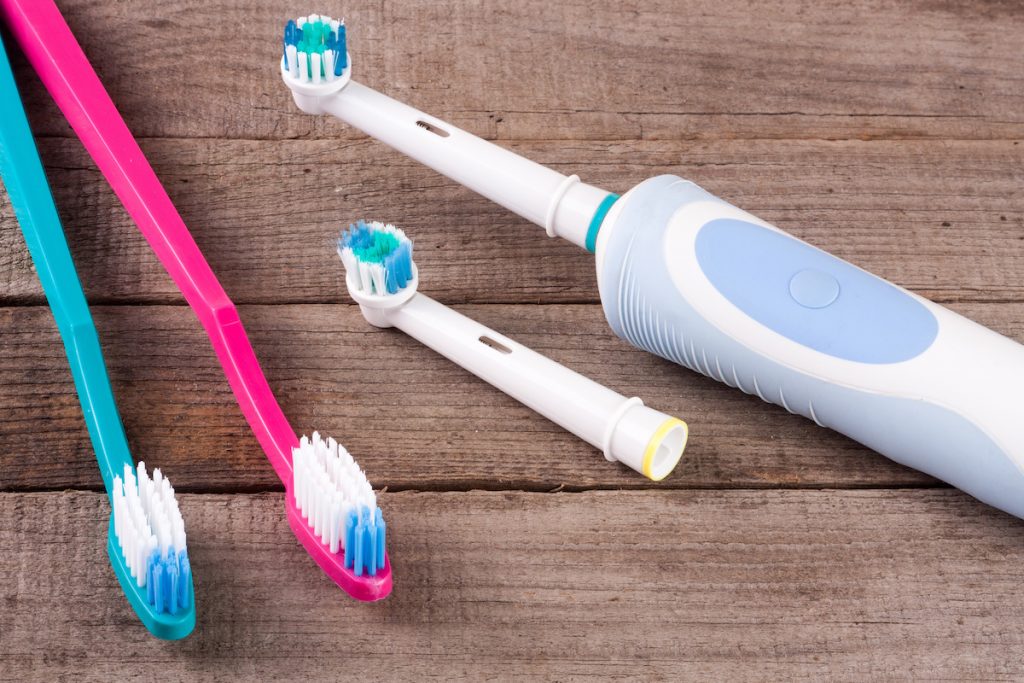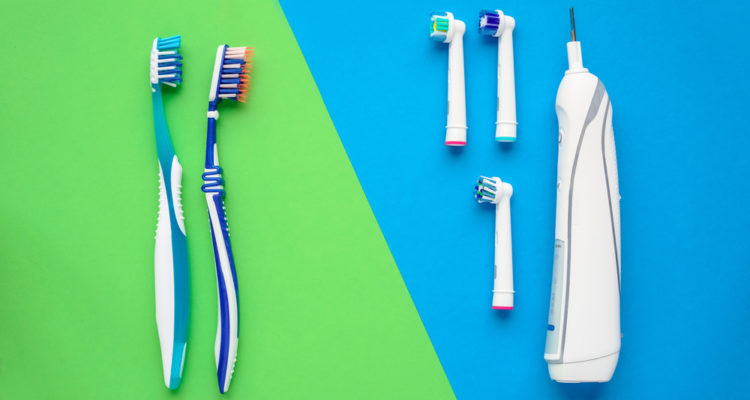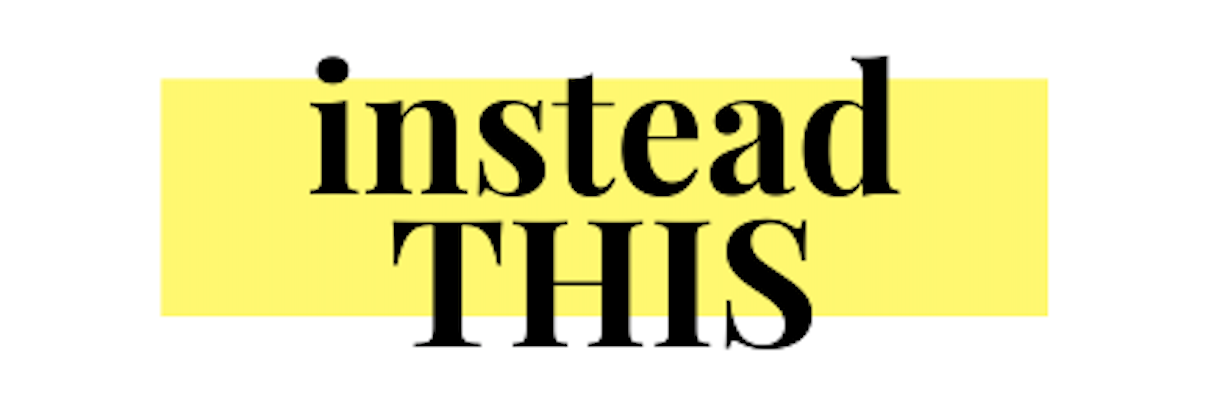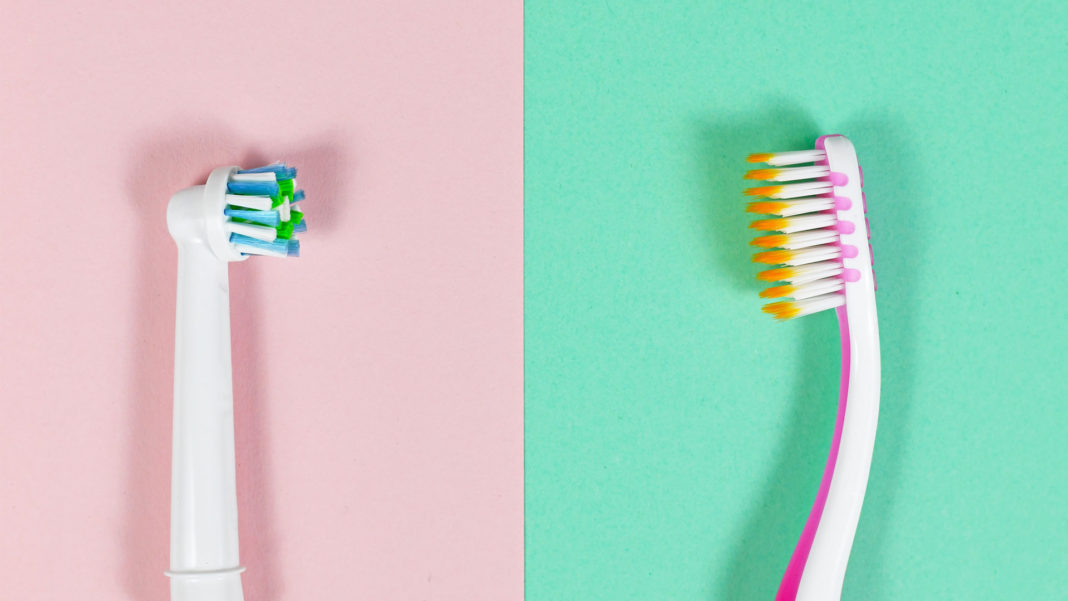QUESTION
Hi Amanda,
I am thinking about getting an electric brush. It’s such a buzzword. Up until now, I’ve only used manual brushes. I have a plague problem; could an electric one be helpful? Let me know the best way forward. What’s better and how?
I await your response.
Thanks.
With love,
Josie!
ANSWER
Hi Josie!
I know. It’s a hot topic, but most debates revolve around whether electric toothbrushes are truly more effective at cleaning and caring for your pearly whites than manual toothbrushes? We all know that brushing teeth is a cornerstone of good oral health. Thus, it becomes necessary to find a way to effectively remove dental plaque to prevent cavities, gingivitis, and more severe gum diseases.
So, let’s examine the primary differences between them and determine if you need to purchase that expensive electric brush.

Benefits of Manual Toothbrushes
Various styles, bristles, and color options are available for manual toothbrushes. Those with sensitive gums will find soft bristles to meet their needs. A narrower head will suit smaller mouths.
A manual toothbrush is cheaper than an electric one, and you won’t need to replace batteries or charge it. A manual toothbrush allows you to travel more freely and change it frequently.
Manual brushes are much kinder to your gums and teeth. Using electric toothbrushes may cause tooth sensitivity because they apply more pressure to your teeth and gums.
Benefits of Electric Toothbrushes
A toothbrush with electric bristles vibrates or rotates to clean your teeth and gums of plaque buildup. As you move the toothbrush across your teeth, you will notice more micro-movements. The rotating and oscillating bristles make it easy to clean even tough or hard-to-reach areas. You can effectively clean your teeth with the help of a built-in timer.
Electric brushes are convenient and easy to use. You only need to hold the toothbrush at a 45° angle, and it will take care of the rest. People with disabilities or limited mobility may benefit from electric toothbrushes. Also, they make brushing easier for people who wear orthodontic appliances, such as braces.
They are also more fun to use for children. Unlike manual brushes, they tickle the child’s teeth while brushing, and a timer tells the child when it’s time to stop. Electric toothbrushes make brushing teeth faster and more enjoyable for kids.
Is it better to brush with an electric or manual toothbrush?
Maintaining a healthy mouth relies on the proper brushing technique regardless of the type of toothbrush you use. When brushed twice a day for two minutes, both electric and manual toothbrushes are effective, but electric toothbrushes have a slight advantage. Electric toothbrushes, in general, remove more plaque than manual toothbrushes, resulting in fewer cavities and gum disease.

If you have gum recession, you should avoid overbrushing your teeth with a manual or electric toothbrush to prevent wearing down their enamel. Abrasive brushing can cause heat and cold sensitivity.
In short, both types of toothbrushes can effectively remove plaque if carefully used. I hope you get all the information about keeping a healthy smile all your life!
Love,
Amanda!







